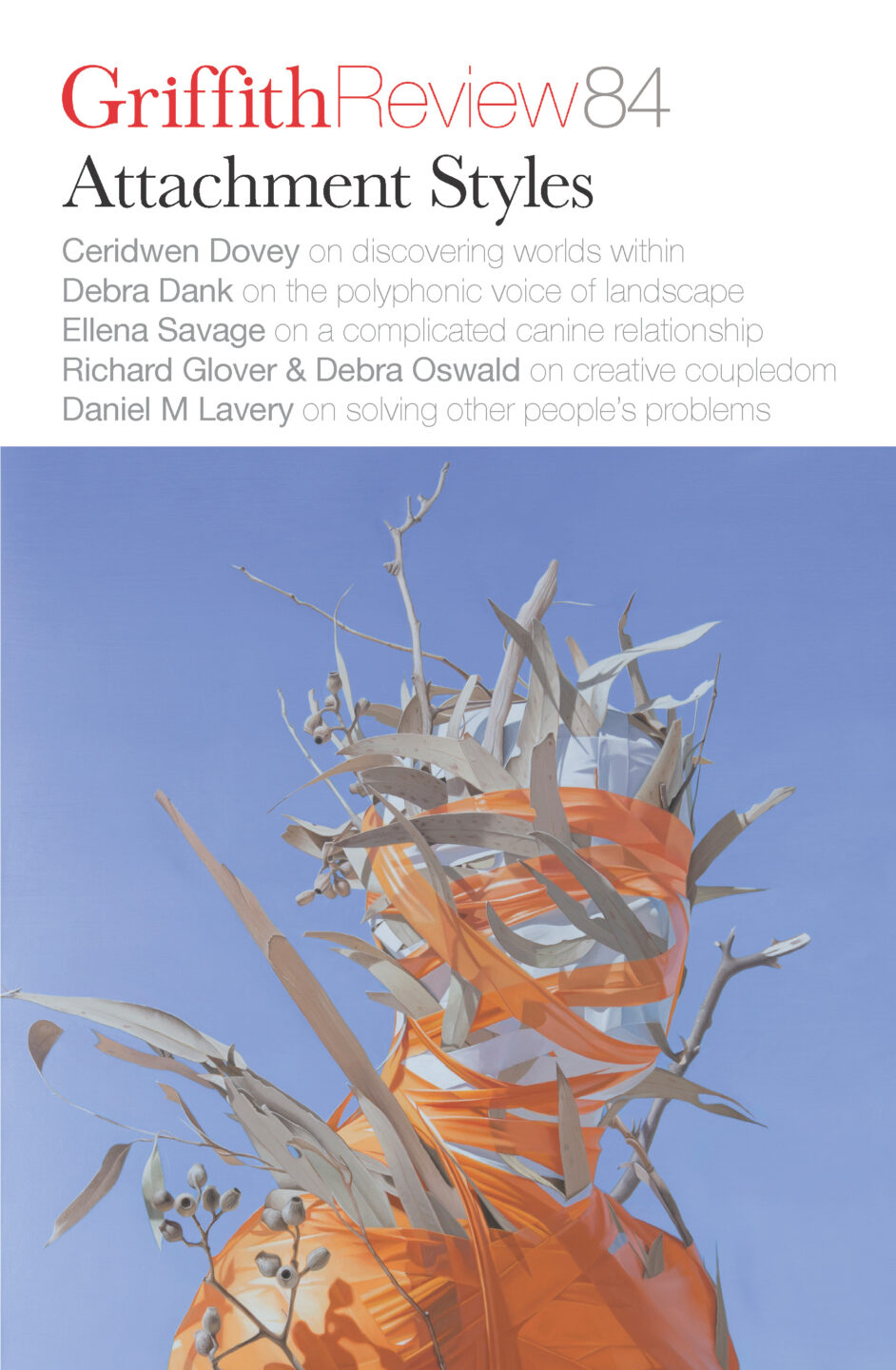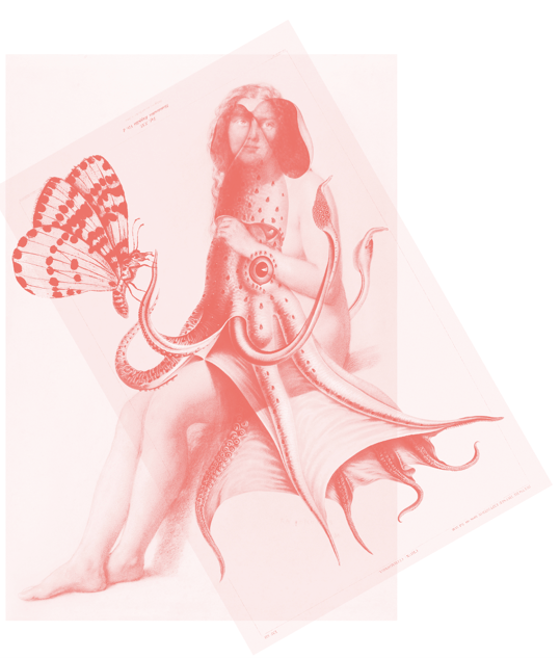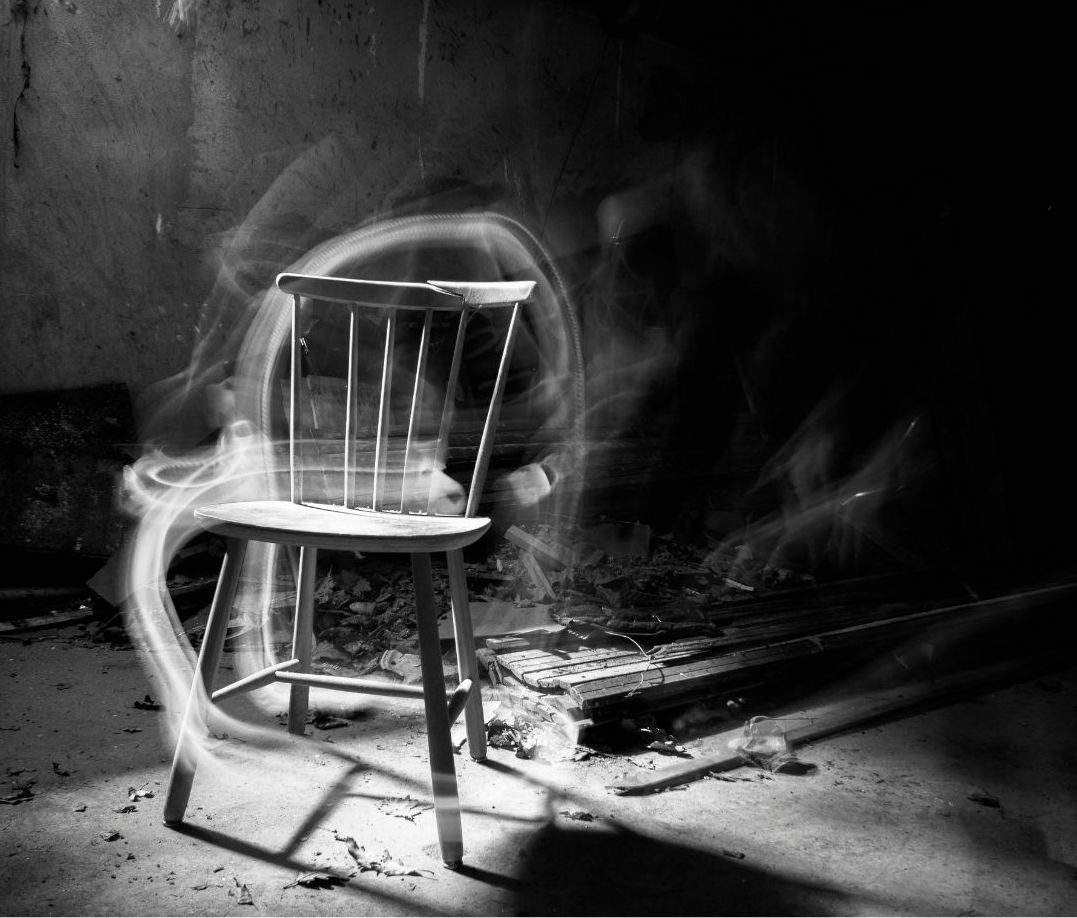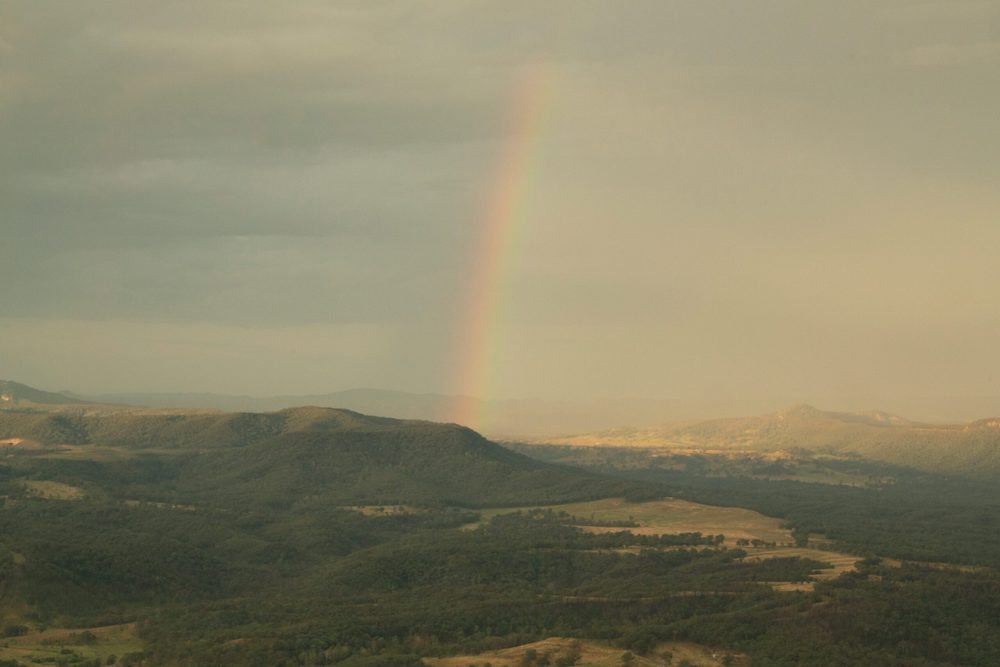Featured in

- Published 20240507
- ISBN: 978-1-922212-95-5
- Extent: 203pp
- Paperback, ePub, PDF, Kindle compatible


Already a subscriber? Sign in here
If you are an educator or student wishing to access content for study purposes please contact us at griffithreview@griffith.edu.au
Share article
More from author

Home is where the haunt is
Ghosts, like people, tend to be attached to a particular place. The term ‘to haunt’ in English has three linked meanings. First, for a ghost to manifest itself at a place regularly: a grey lady who haunts the chapel. Second, to be persistently and disturbingly present in someone’s mind: the sight haunted me for years. Third, to frequent a place often and repeatedly: that’s his old haunt. Home and haunting go hand in hand. Ghosts don’t haunt an entire city. They haunt a specific house, a dwelling, usually assumed to be the place where they died.
More from this edition

Seized by a ceaseless meanwhile
Non-fictionOwing to its prominent location and spectacular collapse, Álvaro Obregón 286 featured prominently in media coverage of the earthquake rescue. But residents told me they always suspected something was afoot. Within twenty-four hours of the disaster, rescuers from Israel and Spain arrived onsite. Both teams quickly recovered documents and computers and rescued only specific people, while others in the rubble still cried out for help.

Exemplary
Poetry The superego’s unvarying verdict: you have failed, you deserve it, get over it! Stay in your own psychotic micro-enclave, opining about enactment and re-enactment. Now and again there’s...

Past-making within the present
In ConversationThe Marranbarna Dreaming story is a central story to Gudanji, and that essential story forms our beingness. My kids grew up hearing that story from when they were tiny babies – they heard it through my words and they heard it through the words of their grannies, so they could embed the story within their own sense of identity and then retell it. Both of my girls are mums now, and they retell that story to their daughters all the time, so it just becomes a normal part of who and how they are as Gudanji people.